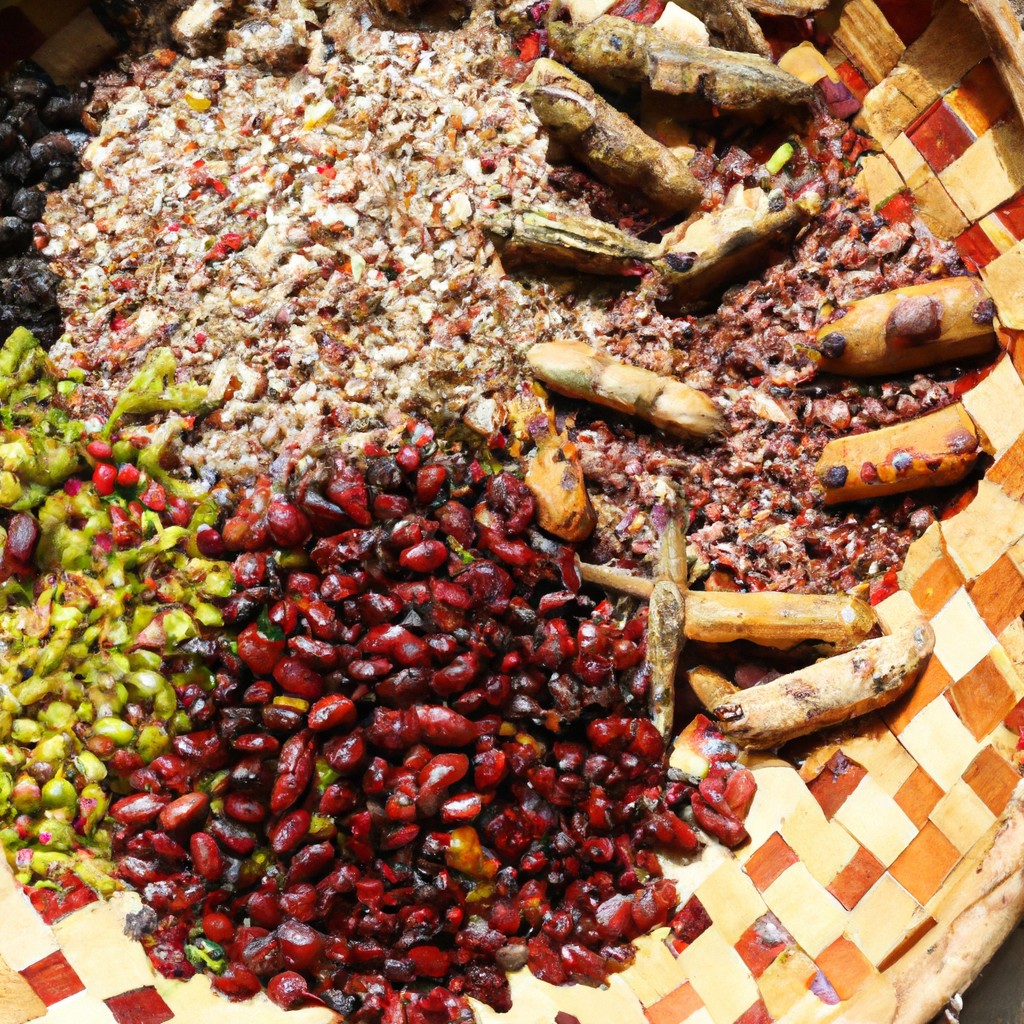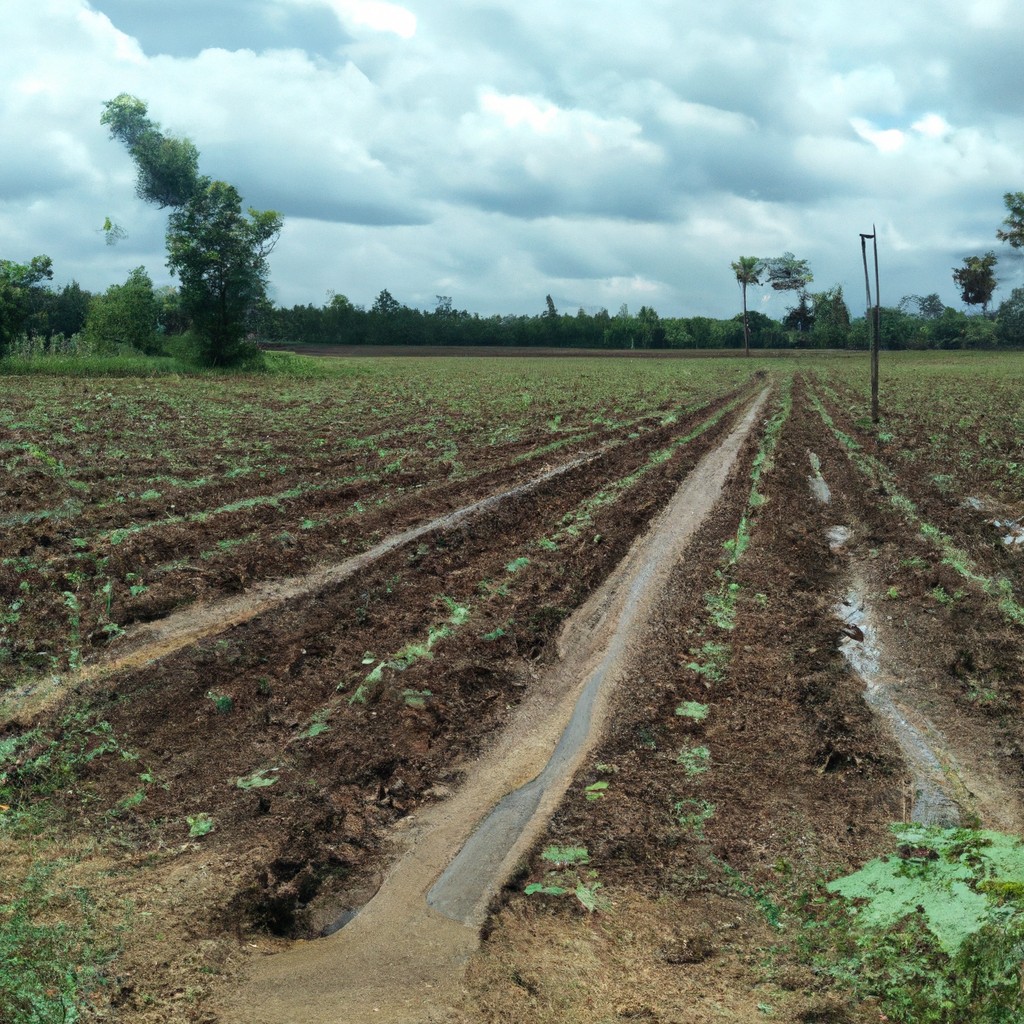Discover the leading agriculture colleges equipped to educate the next generation of experts in sustainable and regenerative farming practices.
Look Inside:
Criteria for Ranking the Best Agriculture Colleges

Evaluating the best agriculture colleges involves a multi-faceted approach that considers various factors to ensure students receive a comprehensive and high-quality education.
Accreditation is crucial as it assures that a college meets rigorous academic standards. This seal of approval signals that the institution provides a level of education recognized by the educational community.
The range of agricultural programs offered can significantly affect a student’s learning experience. Colleges that offer diverse academic options allow students to tailor their education to their interests, whether it’s crop science, animal husbandry, or agribusiness.
Research opportunities are a key component of a top-tier agriculture college. Access to cutting-edge facilities and the chance to engage in hands-on research pioneers advances in the field and enriches the student experience.
Connections to the industry and robust internship programs are vital. These offer a bridge between academic learning and practical application, preparing students for their future careers by providing essential exposure to real-world operations.
Lastly, dropout and graduation rates, along with alumni success stories, serve as indicators of the program’s ability to retain and prepare students for successful careers in agriculture. High employment rates among graduates can testify to the program’s effectiveness and industry relevance.
Accreditation and Educational Standards
Ensuring that an agriculture college meets high educational standards is critical for a quality education. Accreditation serves as a seal of approval from a recognized accrediting body and indicates that a school’s programs meet certain academic criteria. It is a rigorous evaluation process that schools undergo to confirm their commitment to providing a top-tier education.
When choosing a college for agriculture studies, seek out institutions accredited by reputable organizations such as the Higher Learning Commission or specific to the field, like the American Society of Agricultural and Biological Engineers. This ensures that the curriculum is up-to-date with the latest industry practices, promotes continuous improvement, and that credits earned are transferable to other institutions if needed.
Additionally, colleges with strong educational standards often feature faculty who are leaders in their field, ensuring that students are learning from experienced professionals. These institutions might also continually revise their programs to keep pace with innovations in agriculture, preparing graduates to be forward-thinking professionals in the industry. Access to modern facilities and cutting-edge agricultural technologies further enhances the learning experience, equipping students with the practical skills needed for success after graduation.
Diversity of Agricultural Programs
The breadth of study options at an institution reflects its commitment to addressing the multifaceted nature of agriculture. Here are some key program variations that contribute to diversity in agricultural education:
- Crop science programs delve into plant genetics, breeding, and biotechnology, providing a foundation for increasing crop yields and disease resistance.
- Soil science and agronomy focus on soil health, sustainability, and the management of agricultural ecosystems.
- Entomology and plant pathology examine pest control and disease management, crucial for maintaining healthy crops and food security.
- Organic agriculture emphasizes natural farming methods that avoid synthetic inputs, fostering environmentally friendly practices.
- Agricultural economics programs investigate market trends, policy analysis, and the business aspects of the farming industry.
- Animal husbandry and dairy science explore livestock care, genetics, nutrition, and production systems.
Colleges that excel in agricultural programs typically provide a convergence of traditional and innovative farming techniques, ensuring graduates are well-equipped for the challenges of modern and future farming.
Research Opportunities and Facilities
In-depth research forms the bedrock of innovation in agriculture, with top-tier institutions boasting state-of-the-art facilities. These include expansive farms, laboratories, greenhouses, and in some cases, entire ecosystems dedicated to empirical study.
Students have the opportunity to engage in groundbreaking research focused on improving crop yields, pest control, soil health, and sustainability practices. With direct access to these resources, they can work alongside faculty on projects that have real-world impact, potentially transforming agricultural practices on a global scale.
Collaborations between colleges and industry leaders also enrich the research environment, often providing funding, internships, and job placements. This symbiotic relationship ensures research stays relevant and student skills are aligned with industry needs.
The presence of extension programs further extends research beyond the university borders, into the community, allowing students to apply their knowledge in diverse, real-world settings. As agriculture constantly evolves, these colleges are at the forefront, fostering an environment where students can contribute to and shape the future of farming.
Industry Connection and Internship Programs
Establishing strong connections with the agriculture industry is a pivotal component of a college’s program, offering students hands-on experience and potential employment pathways post-graduation. Colleges with robust industry partnerships often facilitate internship programs that enable students to apply classroom knowledge in real-world settings, ranging from large-scale agribusiness companies to local family farms and innovative startups in sustainable agriculture.
Internship programs serve as a critical bridge between academic study and professional employment, often leading to job offers upon completion. They allow students to network with industry professionals, gain valuable insights into the day-to-day operations of agriculture businesses, and understand the challenges and opportunities within the sector.
Comprehensive internship programs within agricultural colleges also help students refine their interests. Whether it’s crop management, livestock care, food science, or farm technology, practical experience helps solidify career goals.
Furthermore, colleges with a strong focus on internships often offer support services that make these opportunities more accessible, such as internship coordinators, career counseling, and even financial assistance for unpaid internships. This ensures that all students, regardless of background, can benefit from these valuable experiences.




